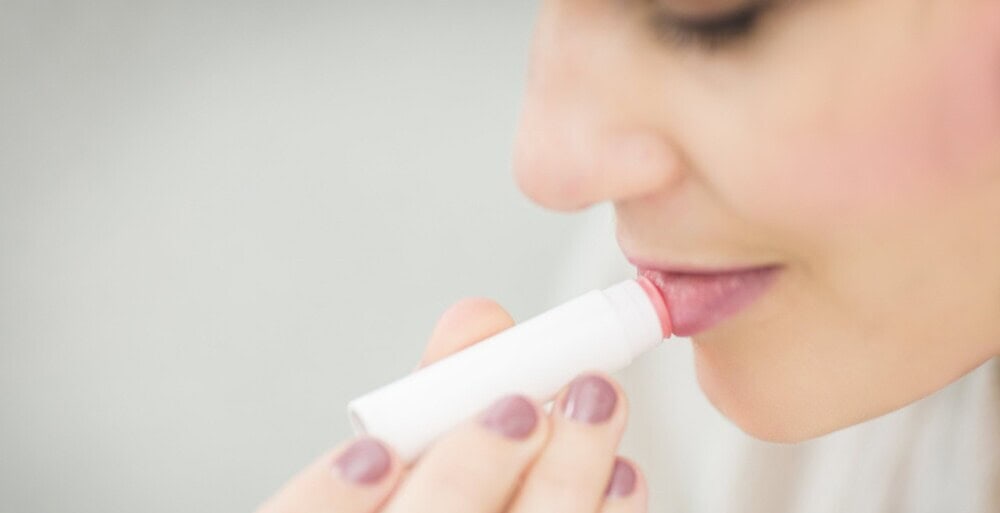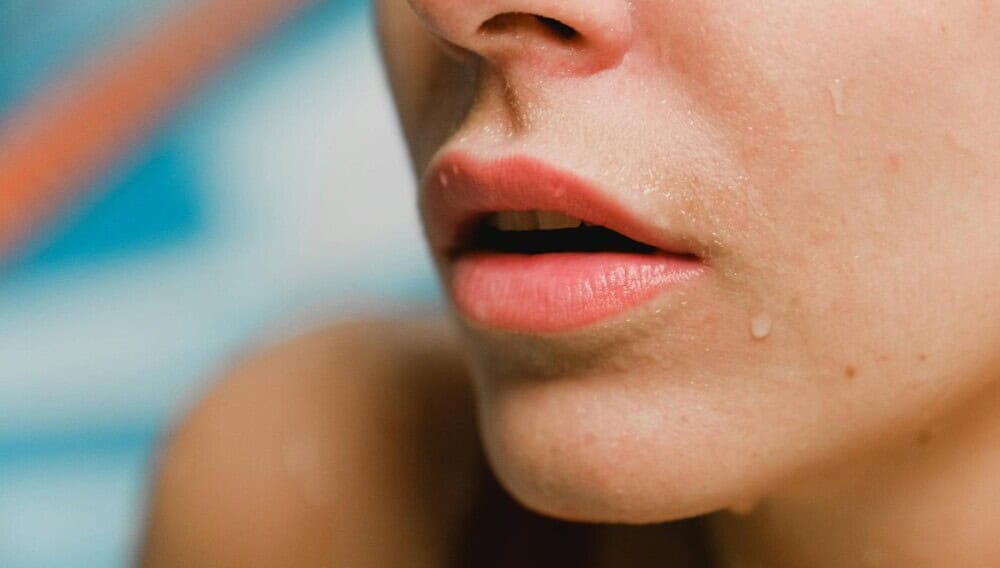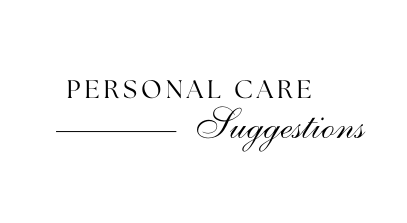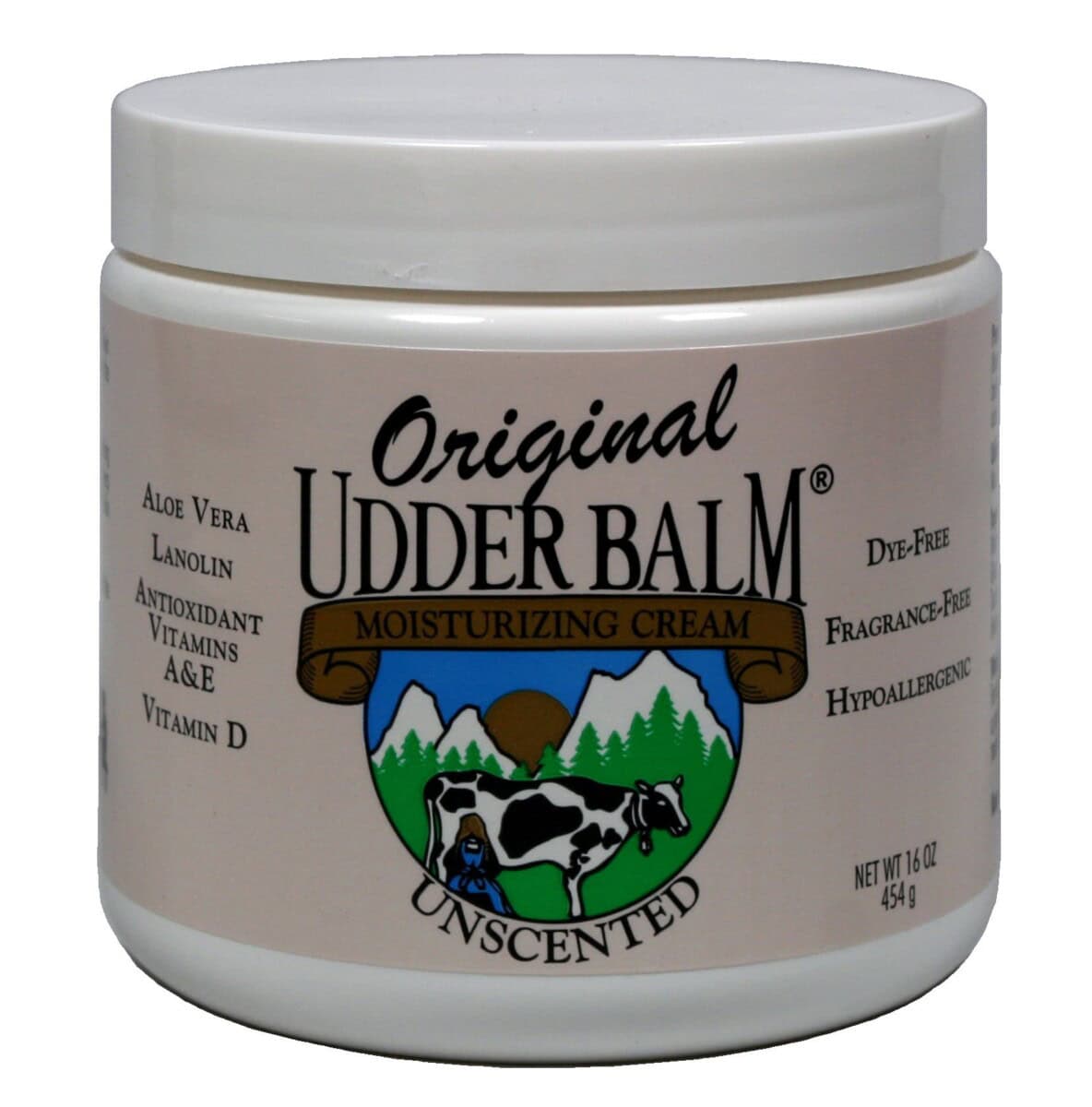Chapped lips can be both annoying and uncomfortable. When my lips feel dry and cracked, it disrupts my day, and I start searching for ways to get them back to a smooth, healthy state. This article explains clear steps for how to heal chapped lips quickly. I share my personal experiences and practical advice that I have gathered over time.
In the following sections, I cover several very important aspects that can help restore your lips, making the process as straightforward as possible.

Moisturize and Protect Your Lips
One of the first things I noticed when dealing with chapped lips is that they need constant protection and hydration. I always apply a gentle, moisturizing lip balm. Products that contain simple ingredients like petroleum jelly, beeswax, shea butter, or lanolin work well. I avoid adding any harsh chemicals or synthetic fragrances to these products because they can worsen the irritation.
Instead, I opt for products labeled as fragrance-free and hypoallergenic. This simple choice helps reduce the chances of further irritation while giving my lips the moisture they need.
During colder months or when I am exposed to strong, drying winds, I make sure to apply my lip balm more frequently. I also tend to reapply the balm during the day to create a protective barrier against unpredictable weather conditions.
My experience has shown that regular application of these gentle moisturizers makes a significant difference in the rate at which my lips recover. Consistency in moisturizing not only soothes the discomfort but also speeds up the healing process, which feels very important for long-term care.
Some links on this page are affiliate links. If you click and make a purchase, I may earn a small commission at no extra cost to you. I only recommend products I trust and personally use.
Thanks for supporting my site and content!
Maintain Hydration and Humidity
Another important step in healing chapped lips is maintaining overall hydration. I make it a point to drink plenty of water throughout the day. Dehydration can cause the skin on my lips to lose moisture, eventually leading to dryness and cracking.
In my daily routine, I try to keep a water bottle handy to sip water regularly. Drinking water not only refreshes me but also helps my skin function better overall.
I also use a humidifier when I spend long hours indoors, especially during winter months. Dry air can sap moisture from the skin, including the delicate skin of the lips. A humidifier adds moisture to the air and helps keep not only my skin but also my lips hydrated.

I have found that using a humidifier in my room creates a more comfortable and nurturing environment that supports the healing process and helps prevent future episodes of dryness.
Avoid Habits That Make Chapped Lips Worse
Some common habits can interfere with the healing of chapped lips. I learned early on that licking my lips might feel like a quick fix, but it actually does more harm than good. When saliva evaporates, it leaves my lips even drier than before.
I have tried to stop this habit and instead rely on lip balms for moisture. Replacing this automatic habit with a conscious application of balm has really improved my lip condition.
I also remind myself not to pick at or bite the irritated skin. Although it may be tempting if my lips feel itchy or uncomfortable, doing so only leads to more damage and delays recovery. I have replaced these habits with more mindful practices that are much better for my skin health.
In addition, I pay close attention to the ingredients in the lip products I use. I avoid products that contain potentially irritating elements such as menthol or camphor. Flavored and tinted lip balms often include additives that can further irritate my lips, so I stick with simpler, gentler formulas.
- Stop Lip Licking. Saliva dries out the lips even more by removing natural moisture.
- Avoid Biting and Picking. This practice can break the skin further, increase discomfort, and slow the healing process.
- Select Gentle Products. Use unscented and simple products that protect the lips without causing irritation.
Gentle Exfoliation for Smoother Lips

Gently Exfoliate When Needed
Exfoliation can be useful to remove dry, flaky skin from the lips, but it must be done very gently. I have found that using a soft toothbrush or preparing a homemade sugar scrub works well without applying too much pressure. It is important to remember that sensitive lips need an extra gentle touch. I usually carry out exfoliation once or twice a week. I gently rub my lips in a circular motion to help remove dead skin cells, being careful not to overdo it.
After exfoliating, I always follow up with a generous amount of moisturizer. This not only helps calm any slight irritation but also protects my lips from harsh external elements.
Over-exfoliation, however, can cause further sensitivity, so it is vital to listen to your body. My experience tells me that maintaining a gentle routine not only improves the texture of my lips but also prepares them for better absorption of the hydrating products I use.
Additional Care Tips for Quick Healing
While the primary treatments for chapped lips focus on hydration and protection, there are additional measures I take to boost the healing process. Paying attention to my diet has been a useful step.
I incorporate foods rich in vitamins A, C, and E, which are known to support skin health. I also ensure that omega fatty acids are included in my diet by eating fish, nuts, and seeds. These nutrients are very important for maintaining the integrity and resilience of the skin barrier, including on the delicate surface of the lips.
Furthermore, I have noticed that managing stress affects overall skin health. When I reduce stress through regular exercise and sufficient sleep, my body tends to recover faster, including my lips.
I strive to maintain a balanced lifestyle by giving myself enough downtime and staying relaxed. Occasionally, I sip on a soothing cup of tea with natural ingredients like chamomile, which helps reduce inflammation and provides a calming effect that supports my skin’s natural healing abilities.
Another tip that I often rely on is avoiding exposure to extreme temperatures. Exposure to very cold or very hot air can cause rapid moisture loss in the lips. On particularly cold days, I try to cover my face with a scarf, not only to keep warm but also to protect my lips.
In sunny conditions, I opt for a lip balm that offers mild sun protection to protect my lips from harsh UV rays. These simple yet effective habits help shield the lips from environmental stressors, leading to dryness.
Extra Care and Lifestyle Adjustments
In addition to the steps mentioned above, I have also found that making a few lifestyle adjustments can boost your overall results when dealing with chapped lips. One useful strategy is checking how your environment affects your skin.
For instance, if you live in an area with very dry air or during a season when the weather is known to be harsh, consider investing in products that are specifically engineered for those conditions. Keeping a small travel kit of high-quality lip care products in your bag ensures protection is available wherever you go.
Another important aspect is to refine your personal routine over time. I often experiment by adding natural remedies such as a drop of honey or a dab of coconut oil to my lip balm before application.
These natural ingredients can sometimes add an extra layer of care, thanks to their soothing and restorative properties. I have found that by occasionally mixing up my methods, I can better address the needs of my lips as the seasons change. This willingness to adjust and personalize my approach has made a very important difference in how quickly my lips heal after becoming chapped.
Maintaining a healthy balance between external care and internal hydration is key. While external treatments help protect and soothe the skin, listening to your body and staying alert to changes in your overall health can make a significant difference.
For instance, when I notice that my skin feels particularly sensitive or dry, I increase my water intake and add a few extra protective measures to my routine. This extra attention not only speeds up the healing but also prevents the problem from recurring as frequently.
Frequently Asked Questions
Here are some questions that I have come across during my adventure to heal chapped lips, along with my honest answers:
Question: How soon can I expect to see improvement in my chapped lips?
Answer: In my experience, individuals who follow a consistent moisturizing routine and maintain good hydration often see improvement within a few days. The key is to be patient and persistent with your daily routine. Small, regular efforts really add up over time.
Question: Can lip balms with natural ingredients be used every day?
Answer: Yes, I use natural, fragrance-free formulas daily. Over time, the regular application keeps my lips adequately moisturized and prevents them from drying out again. It truly makes a meaningful difference to my skin health.
Question: Is it necessary to exfoliate my lips if they are extremely dry?
Answer: Exfoliation should be done cautiously. I only exfoliate when there is noticeable flakiness, and I use very gentle techniques. Too much exfoliation can lead to irritation, so it is best to pay close attention to what your lips are telling you and act accordingly.
Question: When should I seek advice from a health professional?
Answer: If my lips remain severely chapped for more than a couple of weeks or if I experience significant pain or bleeding, I do not hesitate to consult a dermatologist. Persistent symptoms might indicate an underlying condition that requires professional treatment. It is always a very important move to get help when needed.
Final Thoughts on Healing Chapped Lips Quickly
Every time I encounter chapped lips, I remember that the best approach is a balanced one. I need to protect my lips through constant moisturizing, ensure I am well-hydrated, and avoid habits that further dry out the skin.
Each step I take supports the natural healing process and helps restore the smoothness and health of my lips. Over time, I have learned that small, systematic changes in daily habits can lead to significant improvements in overall well-being.
The methods I describe here are straightforward and accessible to anyone suffering from this common problem. They work well for me because I have combined simple, everyday practices with minor adjustments to my routine.
I pay very close attention to the signals my body sends and adjust my care practices based on what my lips need at any given time.
I continue to remind myself that consistency is key. Every small effort, when done regularly, contributes to overall improvement. I have found that the right balance of protection, hydration, and gentle care can yield noticeable results in a relatively short period.
My personal approach involves using effective, simple products and healthy lifestyle choices, which together pave the way for quicker recovery.
It is also very important to educate yourself about what might be causing your chapped lips. Understanding environmental factors, dietary influences, and even your stress levels can help you make better choices.
Over time, I have gradually built an effective routine, and I encourage others to consider personalizing their own care routine according to what works best for them.
The adventure to healthier lips is not unusual, and many of us have faced the discomfort of chapped lips at one point or another. The solutions I share here are grounded in personal experience and backed by reliable sources. With the proper steps in place, healing chapped lips can be very manageable, and the relief that follows is both comforting and gratifying.
I encourage anyone dealing with chapped lips to try these methods and carefully observe how their lips respond. Everyone’s skin is different, so you may need to adjust the routine over time to suit your personal needs.
Environmental changes, seasonal shifts, and even diet modifications might require you to tweak your care practices. Listening to your body and making small, informed changes will ultimately lead to better results.
Remember, it is not just about applying a lip balm; it is about taking a holistic approach to self-care. Protecting your lips, keeping them hydrated, and paying attention to your body’s signals will not only help your lips recover but also contribute to your overall skin health. The practical steps outlined above are designed to be simple yet effective, ensuring that you can get back to enjoying smooth, comfortable lips as soon as possible.






